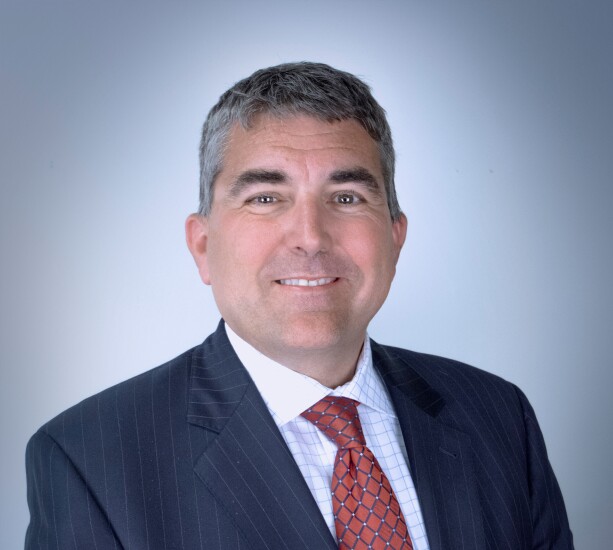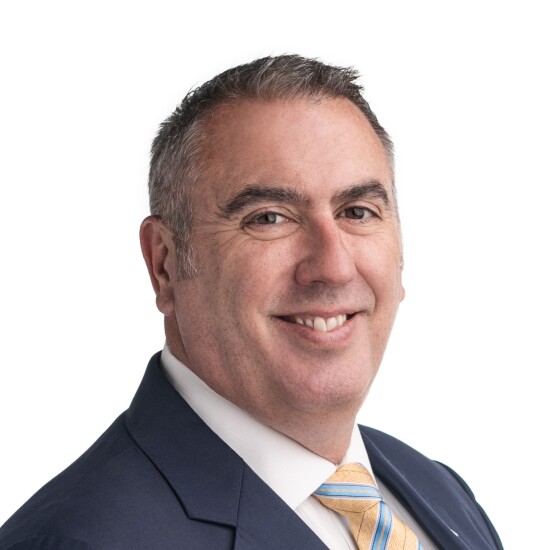Want unlimited access to top ideas and insights?
Whether you're a CEO needing to adapt and transform your business practices rapidly in response to COVID-19 or a college senior having your plans for a career in live music events upended by the same pandemic, the financial planning industry is filled with a wide variety of career journeys.
Here are the personal stories of five individuals from our Voices series that touch on their experiences in the world of financial planning.










